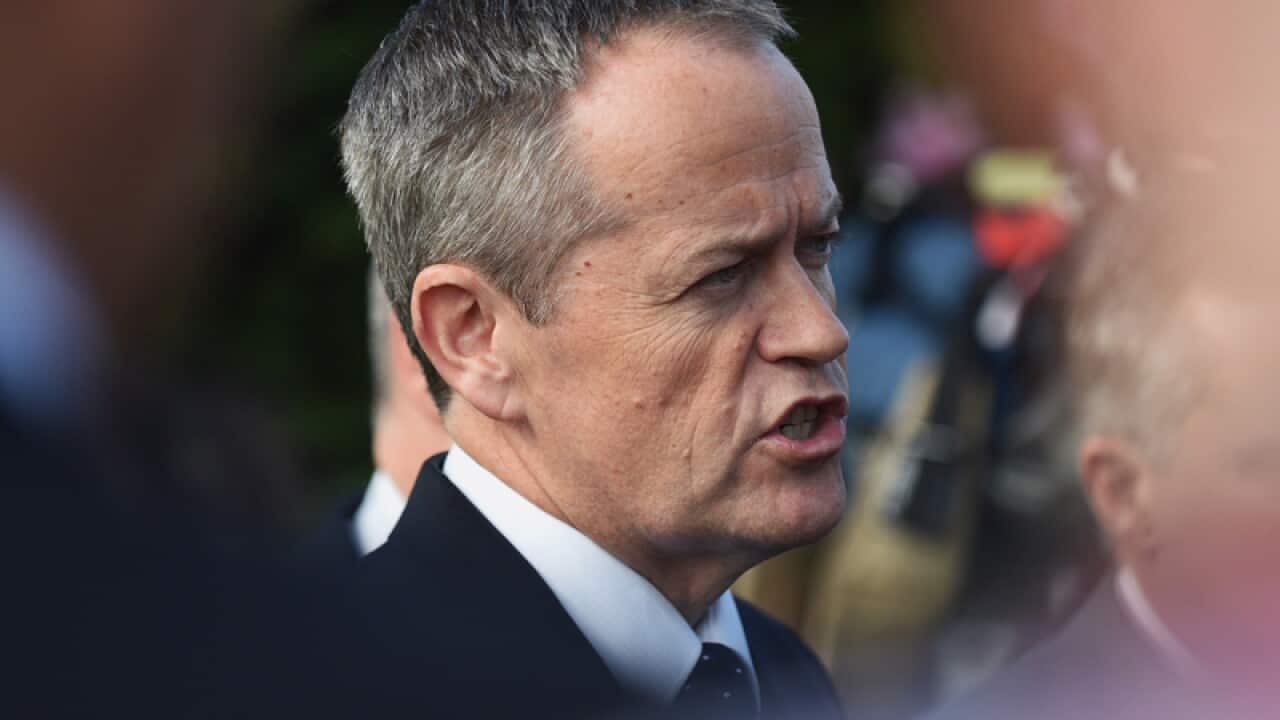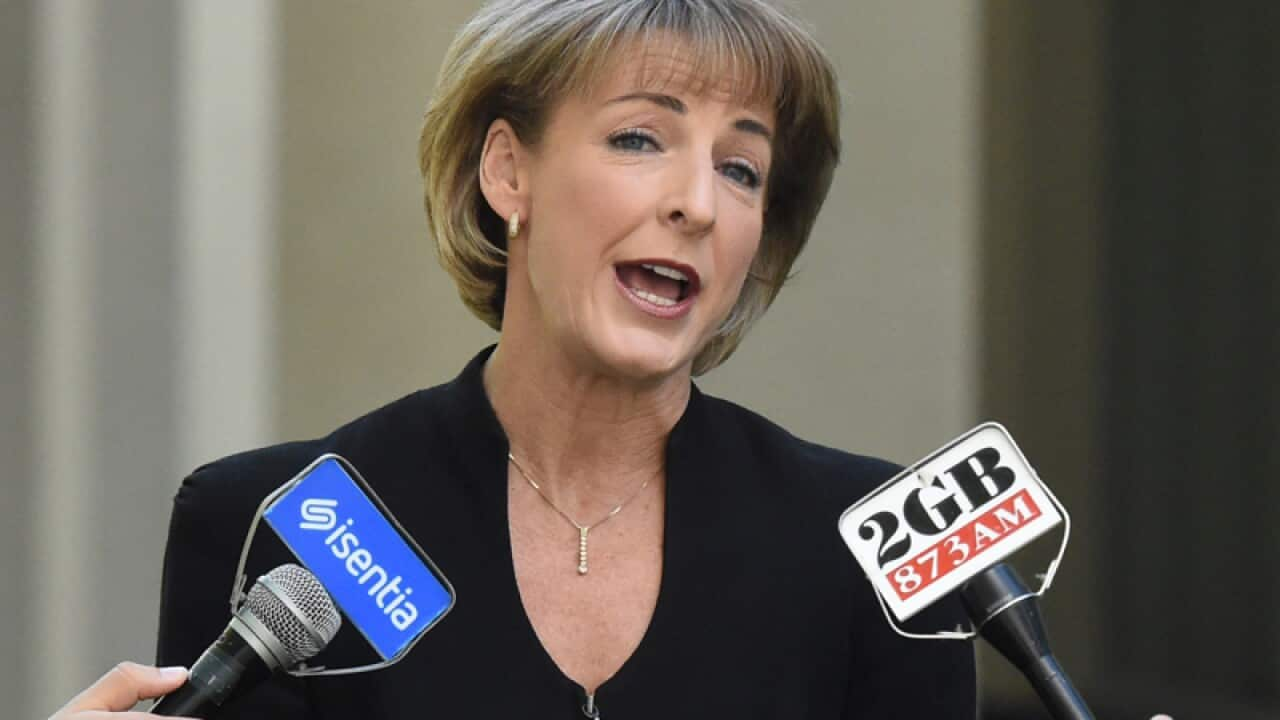Fast food, hospitality and retail workers will suffer cuts to their Sunday pay under major changes to penalty rates announced by the Fair Work Commission today.
Sunday double-time pay is a thing of the past for retail and pharmacy workers employed under industry awards.
Full- and part-time employees will now be paid Sunday time-and-a-half – or a rate of 150 per cent – while casuals will receive a rate of 175 percent.
The decision comes following a Productivity Commission report last year that recommended bringing Sunday rates down to the same level as Saturday rates. The report argued the current levels were “anachronistic” and made it harder for the unemployed to find work.
The Fair Work Commission president Iain Ross, announcing the decision, said most of the cuts did not go that far.
“Except in the fast food Awards…we have not reduced the Sunday penalty rates to the same level as Saturday penalty rates,” Mr Ross said.
“For many workers, Sunday work has a higher level of disutility than Saturday work, though the extent of the disutility is much less than in times past."
Casual hospitality workers will not be affected, but their part- and full-time colleagues will move from 175 to 150 per cent.
Fast-food workers classified as “Level 1” will move from 175 to 150 per cent for casuals, and 150 to 125 per cent for the others.
The decision has drawn strong criticism from trade unions.
Ged Kearney, head of the Australian Council of Trade Unions, called on the government to intervene with legislation to overturn the cuts.
"This decision will have a massive impact on the household budgets of so many families,” Ms Kearney said.
“[Prime Minister] Malcolm Turnbull could fix this right now if he acts straight away to protect the take-home pay of every single person who is affected by this decision."
The Greens have responded by announcing they will introduce legislation to block the FWC’s ruling.
Greens MP Adam Bandt said the situation called for “decision action”.
"We know that coffees won't be any cheaper on a Sunday, but that young people are going to end up with less money in their pocket,” Mr Bandt said.
The Federal Government has accused the unions and the Labor Party of running a “scare campaign”.
Employment Minister Michaelia Cash said she had seen emails claiming Sunday penalty rates had been axed altogether, describing the misinformation as an “absolute disgrace”.
"They should be ashamed of themselves for going out and instigating such a scare campaign. Sunday penalty rates stay in place," Ms Cash said.
Who's affected?
The changes only affect those covered by four industry awards: hospitality, retail, fast food and pharmacy.
Peter Strong, CEO of Australia's small business council, said many workers in the affected industries were covered by enterprise agreements, not awards, so would not be impacted.
"Most people that work on Sunday will not be affected by this decision," he said. "The people that work for big business - Coles, Woolies, Big W, Maccas, Red Rooster - all those sorts of people ... won't be affected at all, they will notice no change whatsoever."
But Joanne Schofield, head of hospitality union United Voice, said the vast majority of workers in the hospitality sector were covered by the award, not an enterprise agreement.
She said the cuts to Sunday pay would have a disproportionate impact on vulnerable workers.
"Workers in hospitality and retail are primarily young workers, migrant workers, older workers, people trying to get a foot into the labour market and to a career path," Ms Schofield said.
"It is most cruel that it is these workers that have been unfairly targeted for a pay cut."
The FWC has indicated the changes will be phased in over time, but has not spelled out the timeline.





